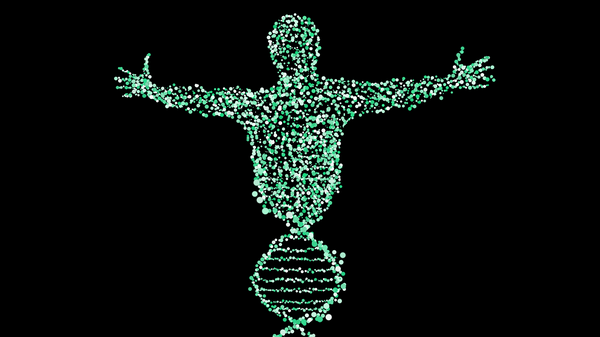Sputnik has discussed this with Jackie Leach Scully, professor of Social Ethics and Bioethics at Newcastle University and a member of the Nuffield Council Working Group behind the report.
Sputnik: Please tell us about the current capabilities and limitations of genome editing technology?
Jackie Leach Scully: The important thing to remember here, I think, is that it’s still very, very experimental. In one way it seems quite familiar because we’ve been talking about what people tend to refer to as genetic manipulation, genetic engineering, that kind of thing for decades now as a faint possibility, as a piece of science fiction. What's changed now is that genome editing and particularly human genome editing looks as if it may soon become a possibility, a real possibility because of technical developments in the science. What that means is that it is still experimental and, in fact, in many countries, including the United Kingdom, it would not be legal to use gene editing for any purposes outside of research. It currently it can only be used in the laboratory. It cannot be used in a clinical setting or anything like that.
Sputnik: What kind of things are we already able to do? We know about genetic modification and we know that we can take and replace a gene from another species as far as what kinds of things we can do, and what kinds of possible diseases or inherited characteristics can we actually influence through this process?
Jackie Leach Scully: What we can do with previous technologies, at least as you say, we can move genes around, we can replace bits of DNA and bits of sections of genes and so on, within genomes. That includes human genomes as well as animal ones, but the process has been quite hit and miss. It often takes many, many attempts to make it work. However, what we can do now, which is different, is the process of gene editing. As its name suggests, is a bit more specific and it seems to be much more efficient as well. So instead of having to use lots and lots of attempts to get the genetic results that you want, the technology enables changing tiny, tiny pieces of the DNA, something what we call single base pairs, and that would enable very, very fine tuning of the genetic makeup of the egg and sperm, and the embryo that would then go on to become a baby and a human being. So that’s different, the speed with which it could be done and the safety is not nearly as hit and miss. So what we would be thinking or what scientists are thinking would be the first uses of this in human beings, if it went ahead, would be to try to edit those genes that we know are the causes of some very, very serious genetic conditions and the kinds of things we're thinking about here are diseases like cystic fibrosis, which many people are familiar with, Huntington’s disease, a number of other conditions that are caused by one or two particular kinds of gene variants. That there are an enormous number of diseases and conditions, that we're actually really concerned about in the modern world, which is things like cancers, heart conditions, diabetes, dementia — those sorts of things, we also know are not caused just by one gene or two genes, but by thousands of genes potentially, certainly hundreds, all interacting with each other, and also interacting with the environment, with social conditions and so on. So that makes it much more complicated to even think about using something like gene editing to deal with those sorts of conditions. So really at the moment we’re very much thinking, if it becomes possible at all, we're looking at a limited number of serious genetic diseases.
The views expressed in this article are those of the speaker, and do not necessarily reflect those of Sputnik.



